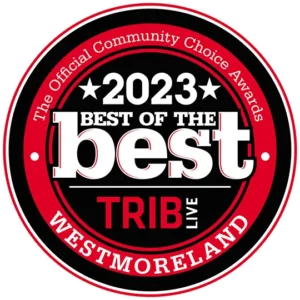Through the use of modalities and comprehensive positioning assessments, our therapists are able to treat a variety of conditions relating to skin integrity. Inter-disciplinary collaboration is used to provide the best treatment outcome.
Education Breakdown:
PDGM: The Basics
GG Codes: 101
Trainings Available
Urinary Continence Program
Individualized program focused on non-pharmacological resources to manage incontinence, including exercise prescription, patient education and ongoing symptom monitoring.
Pain Management
Multi-modal program which involves accurate assessment and treatment of pain by examining the root cause and triggers, followed by individualized management through the use of modalities, ROM and positioning.
ADL ABCs
Therapists promote independence during completion of activities of daily living using adaptive equipment and compensatory strategies to compensate for weakness. Each program is individualized to adapt to the patient’s unique needs including demonstration, education and reference material development.
Restraint Education / Reduction
Inter-disciplinary program focused on exploration of alternative techniques to reduce fall risk and therefore use of restraints. Through identification of fall ‘triggers’ this program strives to modify the patient’s environment and improve strength and flexibility, so as to reduce the potential for falling. Comprehensive education to nursing staff and families regarding what is considered a restraint, is an essential component to this program.
Positioning and Splinting
Trained therapists provide an individualized program focused on custom fabrication, correct application and removal of prescribed positioning devices. Using personalized visual and written aids, therapists communicate the proper use of the positioning device in order to promote proper joint alignment, prevent skin breakdown and optimize independence with functional mobility.
Functional Maintenance and Wellness Programs
Comprehensive therapist-led program designed to promote whole-body wellness and independence in daily activities. Program focus includes fall risk analysis, strength and flexibility training, balance, pain management, cognitive well-being.
Balance / Vestibular Care
Skilled therapists address balance deficits through clinical interviews and comprehensive medical history review to determine the root-cause. Treatment interventions focus on core strengthening, static and dynamic balance training, activity tolerance, safety awareness, and fall prevention/recovery.
Cognitive Improvement Care
Through careful consideration of cognitive-linguistic performance and its impact on daily functioning, therapists identify areas of decline and strive to implement compensatory strategies as well as design patient-specific techniques to improve independence.
Lymphedema Treatment
Trained therapists provide assessment and progressive techniques including exercise, wrapping, massage, and use of custom compression garments to address excess tissue and fluid.
Proper body mechanics, lifting and transfer techniques
Therapists provide ongoing education to nursing staff, families and patients to promote safe and successful lifting and transfers. Visual demonstration as well as written material are used to promote retention.
Appropriate use of altered food / liquid consistency
Trained therapists identify situations where altered food and/or liquid consistency is indicated, providing education to nursing staff, family and patient on preparation and use. Exercise prescription focused on strengthening the swallowing mechanism may also be implemented.
Restorative Nursing Programs
Hands-on training provided by therapists to nursing staff, dedicated to functional independence during daily activities. Restorative nursing staff promote carryover of techniques learned during skilled treatment.
Nursing to Therapy Referrals
Ongoing education to nursing staff on skilled areas of need addressed by all therapy disciplines. Through constant inter-disciplinary communication, patients are identified that have had a change in status and are referred for further assessment and management.
Family / Caregiver Education
Therapist-led communication with caregivers including nursing staff, that promotes safe and effective transitions of care.

